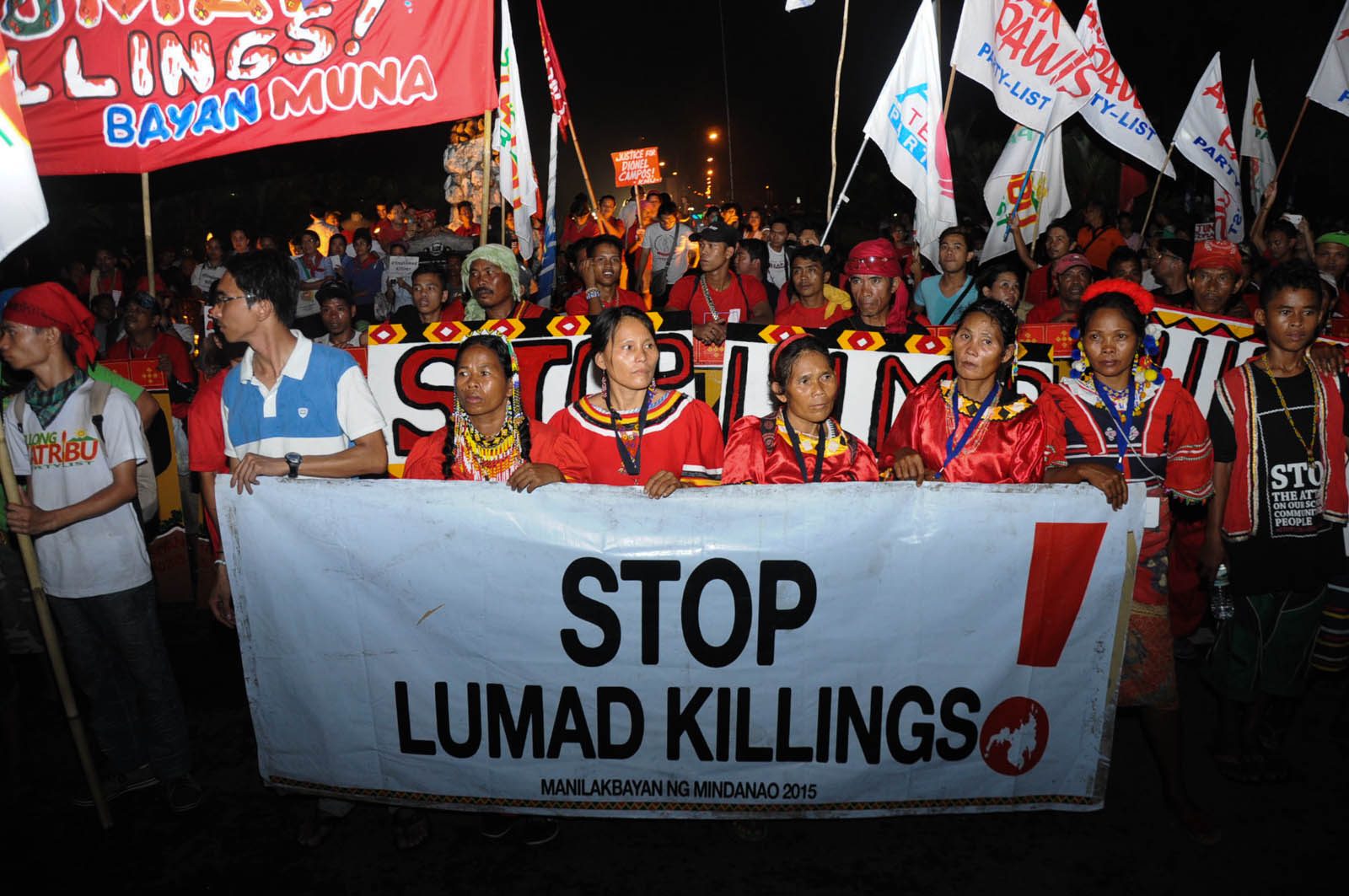SUMMARY
This is AI generated summarization, which may have errors. For context, always refer to the full article.

MANILA, Philippines – The United Nations (UN) in the Philippines sees no reason why the government should not be exerting more effort to protect the rights of Indigenous Peoples (IPs) in the wake of human rights abuses allegedly committed against them.
In a forum organized by the Office of the Political Advisor of the Office of the President on Tuesday, December 8, UN Resident Coordinator Ola Almgren noted that the Philippines does not fall short of laws recognizing IPs.
“With a strong normative framework securely in place, the government can focus on its efforts on ensuring a meaningful and comprehensive implementation of existing laws that uphold and protect rights of IPs,” he said.
Aside from the 1997 Constitution and the 1997 Indigenous Peoples Rights Act (IPRA) which enshrine their individual and collective rights, the Philippines was one of the 144 member-states who voted in favor of the UN Declaration on the Rights of Indigenous People (UNDRIP) which lays out “critical human rights standards” for more than 370 million IPs around the world.
Not felt on the ground?
The existence of these laws, however, may not be felt in the IP communities.
Almgren said that the UN is concerned over reports of violence and harassment toward the Lumad in Mindanao.
“The Lumad have for decades been disproportionately affected by the conflict and, as stated by the CHR, have long been exploited for political use by all parties to the conflict,” he explained. “This must stop.”
IPs in the Philippines have long been facing challenges ranging from livelihood to security. These communities have been been witness to conflict, caught between the military and communist insurgents that operate in their areas. This has led to IP killings and displacement. (READ: TIMELINE: Attacks on the Lumad of Mindanao)
Ancestral domains of IPs should be kept as a “peace zone” but the activities of security forces resulted in “legitimate expressions of fear and insecurity” among civilians – especially women and children, the UN country head said.
He said peace can be achieved by disarming and disbanding armed groups responsible for the violence and facilitating a “full and meaningful” peace process between the state and the Communist Party of the Philippines.
“Non-combatants must be fully protected by the State and never be subjected to persecution, targeting, harassment or violence due to their political beliefs,” Almgren said.
In October, more than 700 Lumad travelled to Manila to raise awareness on their issues and demand actions from the government against the abuses and violence in their ancestral lands. (READ: #Manilakbayan: UP Diliman welcomes 700 Lumad from Mindanao)
Proper implementation of IPRA
In addition, the UN is calling for the proper implementation of IPRA and the improvement of the social services given to IPs.
The issues concerning IPRA – lack of adequate information, transparency, and abuse by various actors – are against the “very spirit and objective of the excellent legislation.”
“The obstacles are not insurmountable but they require continued dialogue, sincere reflection, creative approaches and accountability from all actors,” Almgren added. – Rappler.com
Add a comment
How does this make you feel?
There are no comments yet. Add your comment to start the conversation.